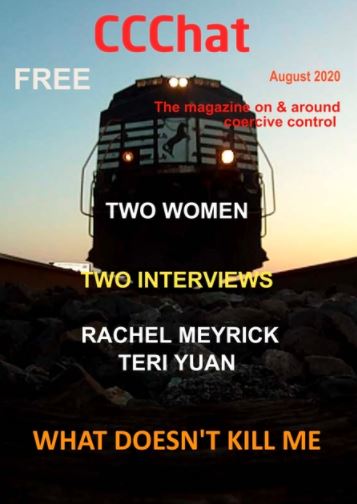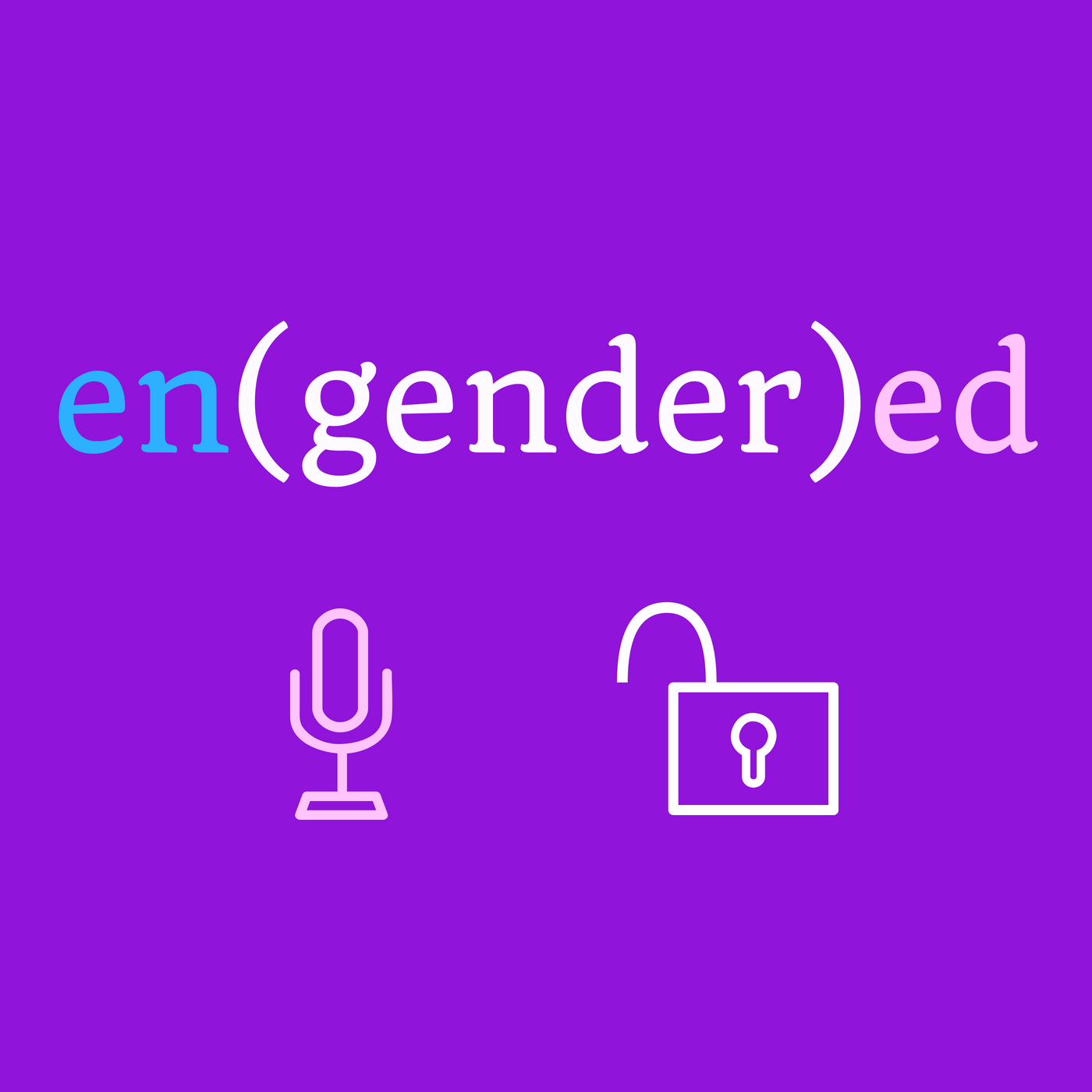
If you’re familiar with our podcast episodes, you know that we featured many survivors and advocates working in the protective mothers’ movement to end sexism and gender bias in family court. Abusers who engage in coercive control often continue their tactics when a survivor expresses a desire to leave. Often this can manifest threatening a custody battle and loss of contact between survivor and children to intimate the woman into staying. That was certainly what happened to me when I was three months pregnant with my son and I informed our couples therapist that I wanted to leave my abuser.
This month, Coercive Control Chat Magazine published their 16th issue which includes conversations with Rachel Meyrick, producer of the documentary exploring the harmful structural affects of family court gender bias on survivors and children called What Doesn’t Kill Me. I am briefly featured in it, but speak at greater length in the CCChat issue with publisher Min Grob about the Engendered Collective community we are building to help survivors, advocates and pro-feminist allies come together to build knowledge and power and confront these systemic forces.
The issue also includes a background on the discredited Richard Gardner, whom father supremacists have latched onto for the past several decades, as a widely heralded hero of the “movement.” His controversial views on incest and pedophilia and his apparent suicide discredited him in the larger mental health community. Yet, the weaponization of Gardner’s theory of “parental alienation” remains a common abuser tool as a disinformation tactic to discredit women’s claims of abuse, child abuse, or child sexual abuse. You can read all about it in the issue below and revisit the Mother’s Day curated list of podcast episodes which is filled with sources of research, data, and organizations working to advocate to end sexist and gender discrimination for survivors trying to leave their abuser and entering the court system.

